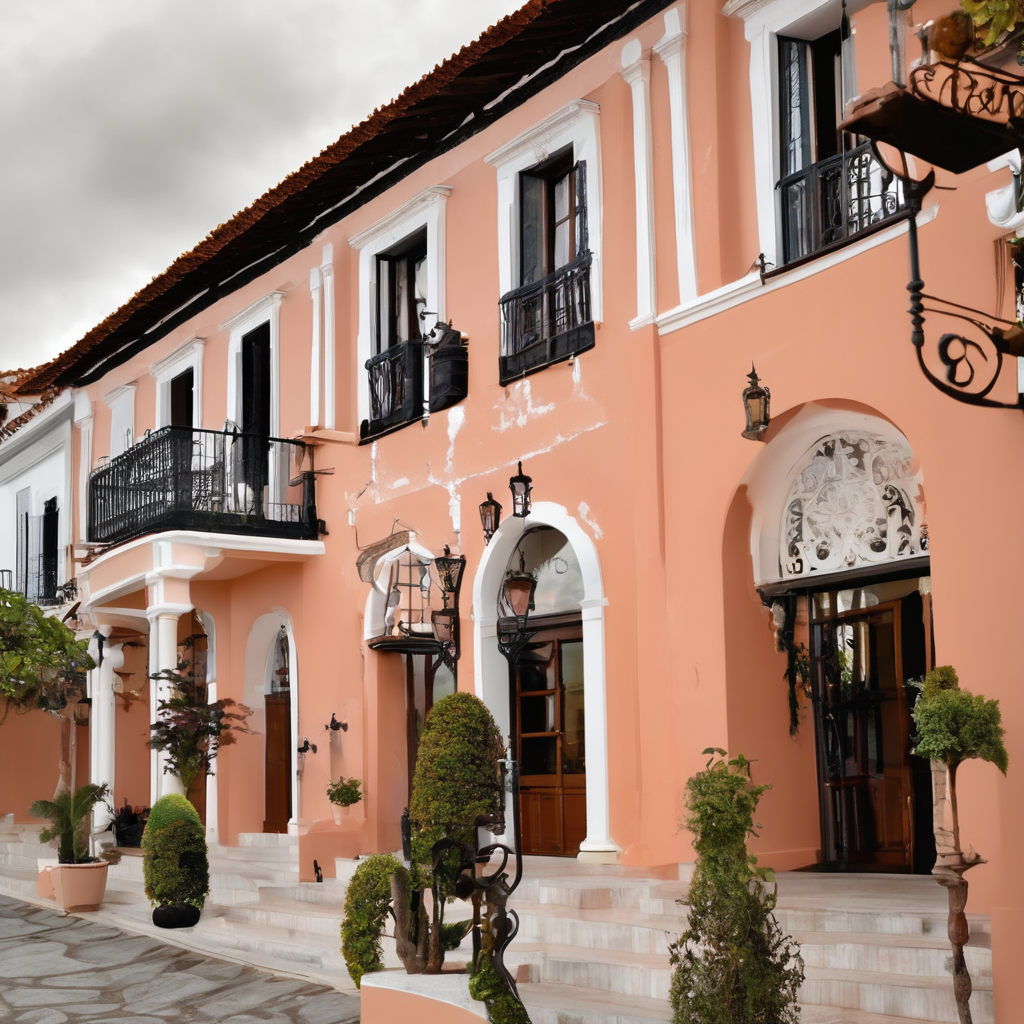Key Factors Behind the Surge in Camping Popularity in the UK
The growth in camping across the UK is striking, with recent data showing a significant rise in outdoor enthusiasts choosing this form of leisure. UK camping trends reveal that more people are embracing the experience not only for its affordability but for the unique connection to nature it offers.
Shifts in consumer preferences have played a central role. Many travelers now seek flexible, low-contact holidays, making camping an ideal choice amid ongoing health concerns. Additionally, evolving travel patterns favor domestic over international trips, further fueling the expansion of campgrounds and wild camping spots.
Also to discover : What Unique Challenges Does UK Camping Bring for First-Time Visitors?
There are several key reasons for this surge in popularity. Firstly, camping provides an accessible way to escape urban environments and relish fresh air. Secondly, the activity encourages physical wellness through hiking and exploration. Lastly, the appeal of simplicity and unplugging from technology resonates deeply in today’s fast-paced society.
Understanding these motivations can help guide newcomers toward fulfilling camping experiences and highlight why UK camping trends are set to continue their impressive upward trajectory.
In parallel : What Are the Top Camping Spots in the UK to Visit This Summer?
Economic and Financial Drivers
Rising expenses for traditional holidays often push travelers in the UK to seek more budget-friendly alternatives. The cost of camping holidays UK has become particularly attractive, as these options typically require less upfront spending compared to package tours or city breaks. For many, the promise of affordable travel options aligns well with broader economic challenges, making camping a sensible choice for families and solo travelers alike.
When assessing travel, value for money is a critical factor influencing decisions. Camping often offers both flexibility and cost efficiency, avoiding costly hotel rates and expensive dining. Its appeal grows as holidaymakers prioritize getting the most from limited budgets without sacrificing the quality of their experience.
Moreover, the economic drive behind choosing lower-cost vacations reflects a shift in priorities. People increasingly value freedom and adaptability over luxury, making camping an optimal solution. This trend highlights how the cost of camping holidays UK responds well to modern travelers’ demands for practical and enjoyable options. Affordable travel options like camping help meet these needs while supporting a range of preferences and budgets.
Changing Travel Behaviours Post-Pandemic
As the world adjusts to a post-pandemic landscape, post-pandemic travel UK shows a notable shift towards domestic tourism. Many travelers now prefer UK staycations, seeking comfort and safety within familiar surroundings rather than venturing abroad. This trend is fueled by a desire for more controlled, socially distanced vacation options, reducing exposure risks while still enjoying a break.
Domestic tourism trends reveal increased bookings for rural locations, coastal retreats, and countryside cottages. These destinations offer natural, spacious environments ideal for relaxed holidays. Furthermore, international travel restrictions over recent years have significantly influenced holiday choices, making domestic travel not only safer but often more convenient.
For those questioning how the pandemic reshaped holiday habits, the answer lies in the balance between adventure and caution. People want fulfilling trips without the uncertainties tied to international journeys. The prioritisation of well-being and local exploration has boosted support for regional tourism economies.
Exploring UK staycations now means embracing new opportunities for discovery closer to home, reflecting a broader cultural change in holiday preferences sparked by the post-pandemic travel UK landscape.
Rising Interest in Outdoor and Sustainable Lifestyle
The surge in sustainable camping UK reflects a wider shift toward eco-conscious choices among travelers. Many in the UK now prioritize outdoor lifestyle trends that blend adventure with environmental responsibility. This growing environmental awareness drives campers to adopt “leave no trace” principles, ensuring their enjoyment doesn’t harm the natural surroundings.
Sustainable camping goes beyond simple etiquette; it’s about actively reducing one’s footprint. Campers increasingly choose reusable gear, biodegradable products, and eco-certified sites. These habits align perfectly with the rise in wellness-focused breaks, where nature exposure benefits mental and physical health.
This lifestyle shift also supports local ecosystems and communities, encouraging responsible tourism in the UK. People engage more deeply with nature, valuing preservation alongside recreation. As a result, the outdoor lifestyle trends encompass not just camping but hiking, kayaking, and other low-impact activities that promote sustainability.
Embracing sustainable camping UK is more than a trend—it’s becoming the cornerstone of a refreshed, mindful way to experience the outdoors. Adopting these practices promises lasting benefits for both individuals and the environment, encouraging conscious travel choices that resonate well beyond a single trip.
Demographic Shifts Among UK Campers
Camping demographics UK have evolved significantly in recent years, reflecting broader social and lifestyle changes. An increasing number of families embrace camping as an affordable, engaging outdoor activity that fosters quality time together. This family camping trend is notable for parents seeking experiences that balance relaxation and adventure for all ages.
Meanwhile, there is a marked surge in young adult campers, including digital nomads who blend work and travel seamlessly. These young adult campers prioritize flexible and tech-friendly camping setups, often choosing locations with reliable connectivity. Their enthusiasm contributes to the diversification of camping demographics UK, bringing fresh energy to traditional outdoor pursuits.
Compared to past camping demographics, today’s campers represent a wider spectrum of interests and backgrounds. The established image of camping as an activity solely for older enthusiasts or niche hobbyists no longer holds true. As camping continues to attract diverse groups, from multigenerational families to tech-savvy young adults, the UK camping scene becomes more vibrant and inclusive. This shift highlights opportunities for campgrounds and suppliers to cater to varied needs and preferences.
Types of Camping Gaining Momentum
The camping landscape is evolving, with glamping UK emerging as a standout trend. Unlike traditional camping, glamping offers a blend of outdoor adventure and luxury. It appeals to those seeking comfort without sacrificing the excitement of nature. Stylish tents, cozy cabins, and fully furnished accommodations mean more people can enjoy the outdoors without roughing it.
Meanwhile, wild camping is gaining traction among enthusiasts craving a deeper connection with the wilderness. This type of camping allows travelers to experience remote locations off-grid, often without designated facilities. Wild camping demands more preparation but rewards visitors with solitude and immersion in untouched landscapes.
At the same time, caravan holidays continue to hold their charm, combining mobility with convenience. Caravanning allows families and groups to explore diverse regions while bringing essential comforts along. Motorhomes enhance this trend by offering flexible travel itineraries that cater to spontaneous adventures.
Together, glamping UK, wild camping, and caravan holidays cater to different preferences, reflecting a broader shift towards personalized, experience-focused camping. Whether it’s luxury, solitude, or road-bound freedom, there’s a growing variety of camping styles gaining momentum.
Expert Opinions and Industry Insights
Industry experts agree that the camping boom in the UK is more than a short-term trend. According to travel analysts, demand for outdoor experiences has surged due to changing lifestyles and a growing desire for nature-focused holidays. One expert highlights that “more people are seeking authentic, socially distant ways to unwind, driving sustained growth in the camping market.”
Campsite owners report significant increases in bookings and note visitors’ interest in upgraded amenities. This reflects a shift towards glamping and hybrid camping options that fuse nature with comfort. Outdoor brands concur, investing in innovative gear tailored to both beginners and seasoned campers.
Looking forward, experts predict continuing expansion in the UK camping scene. They foresee technology integration—such as app-based site bookings and smart camping gear—becoming standard. They also emphasize the market’s potential to diversify, tapping into eco-friendly and boutique campsites that appeal to evolving consumer values.
Understanding these expert views on camping UK clarifies why the sector remains vibrant. It reassures those considering outdoor escapes that the market is rapidly responding to their needs while preserving the essence of camping’s appeal.




